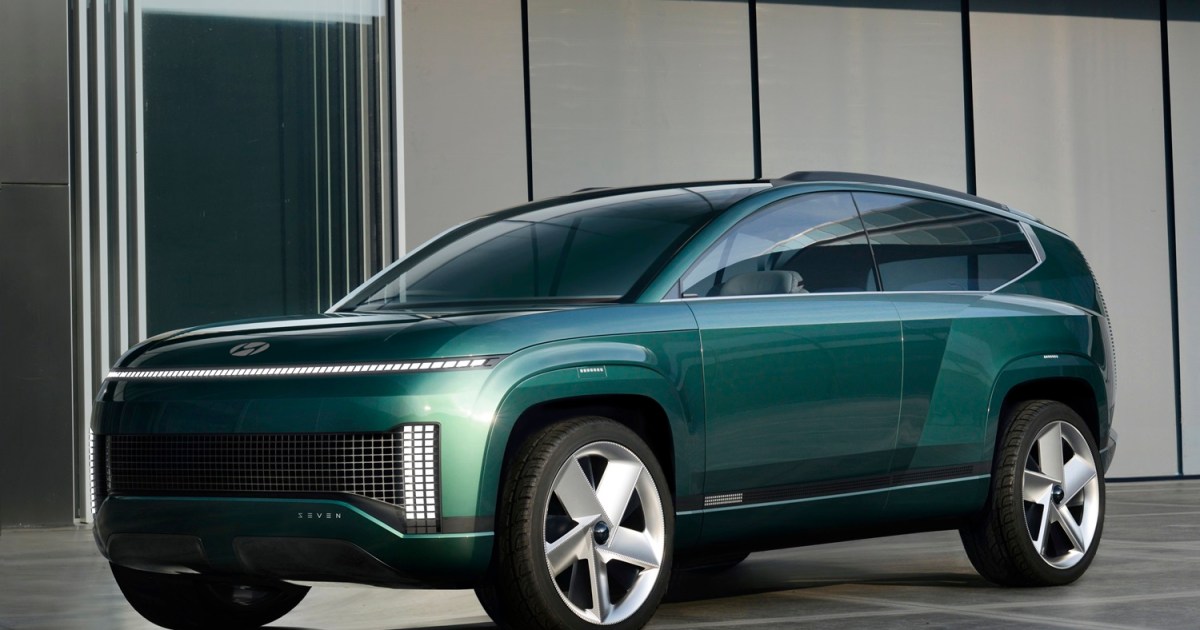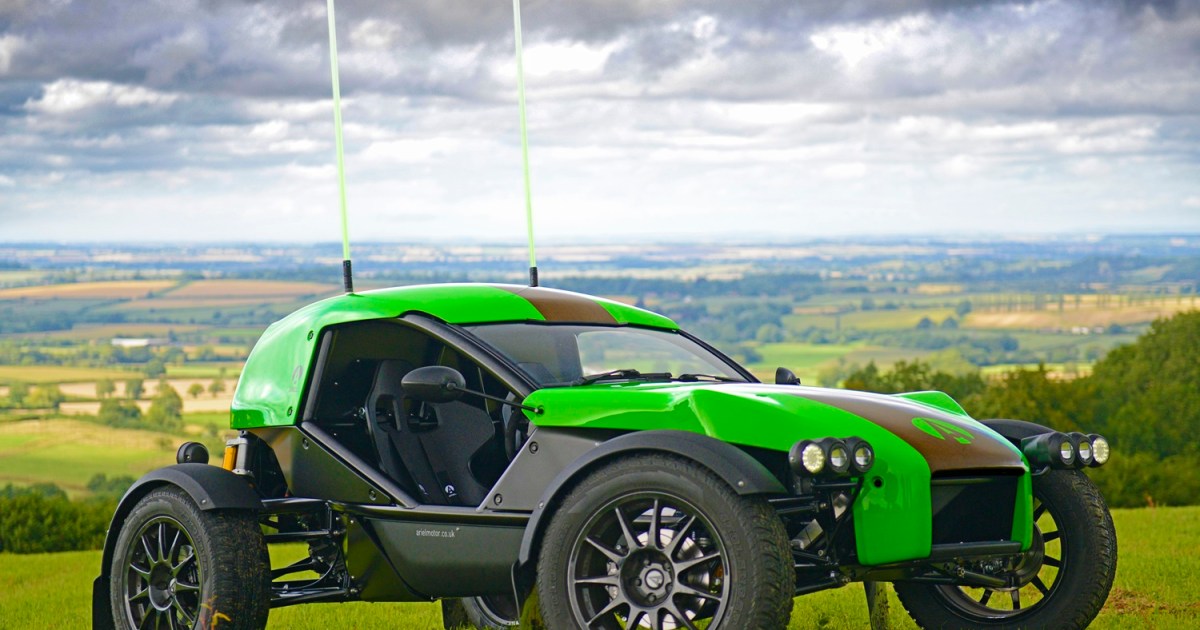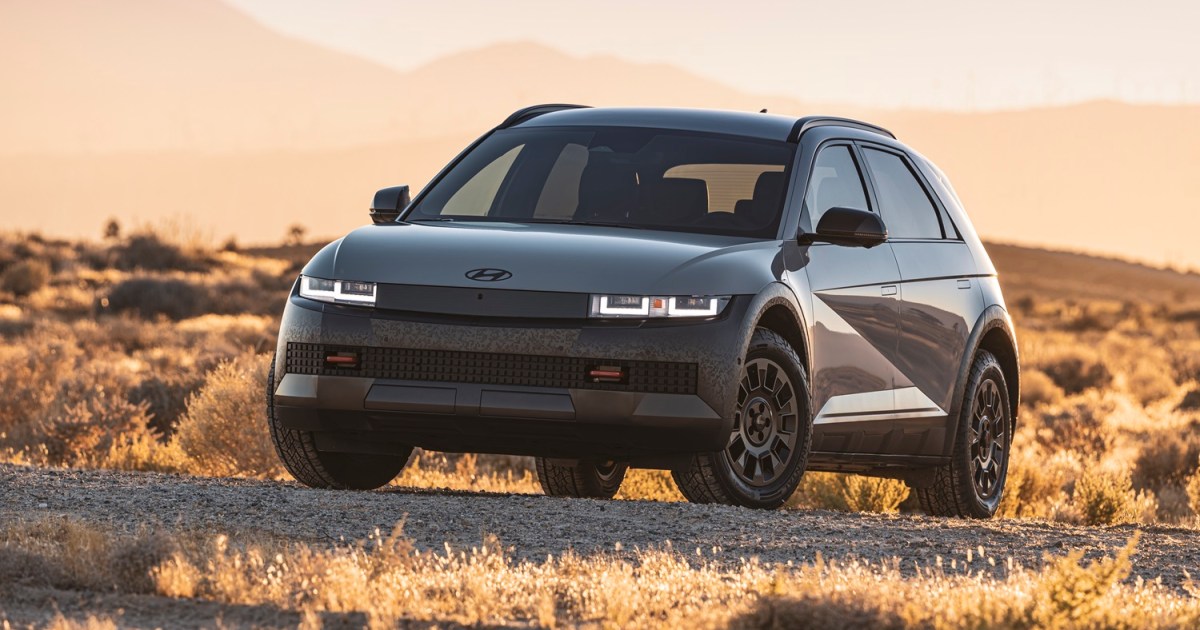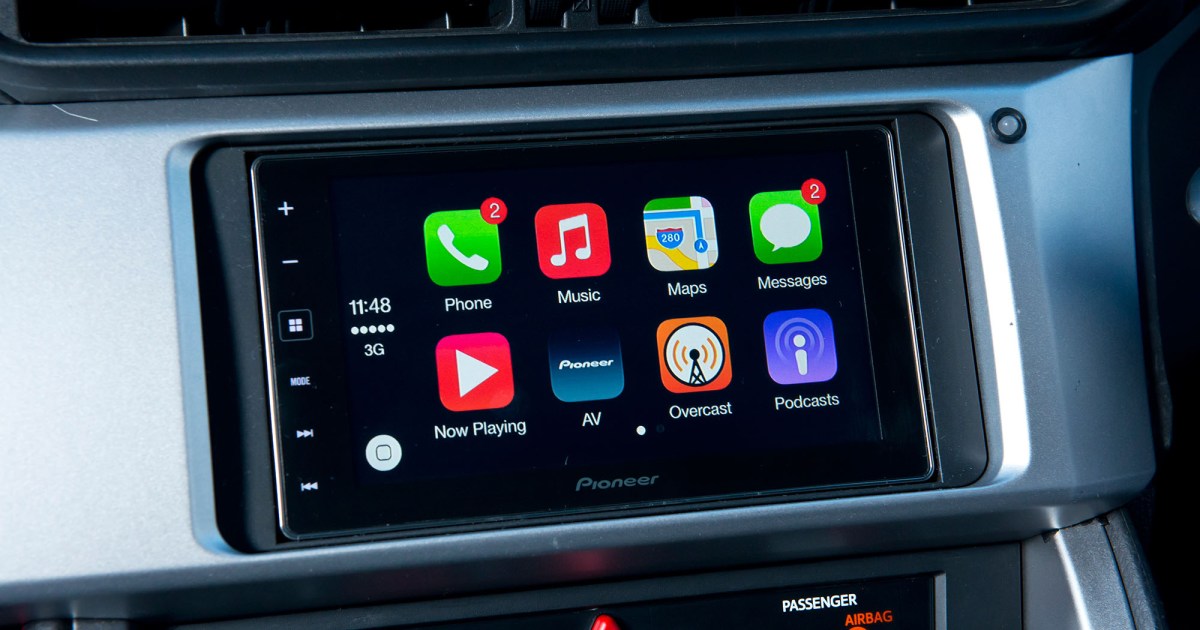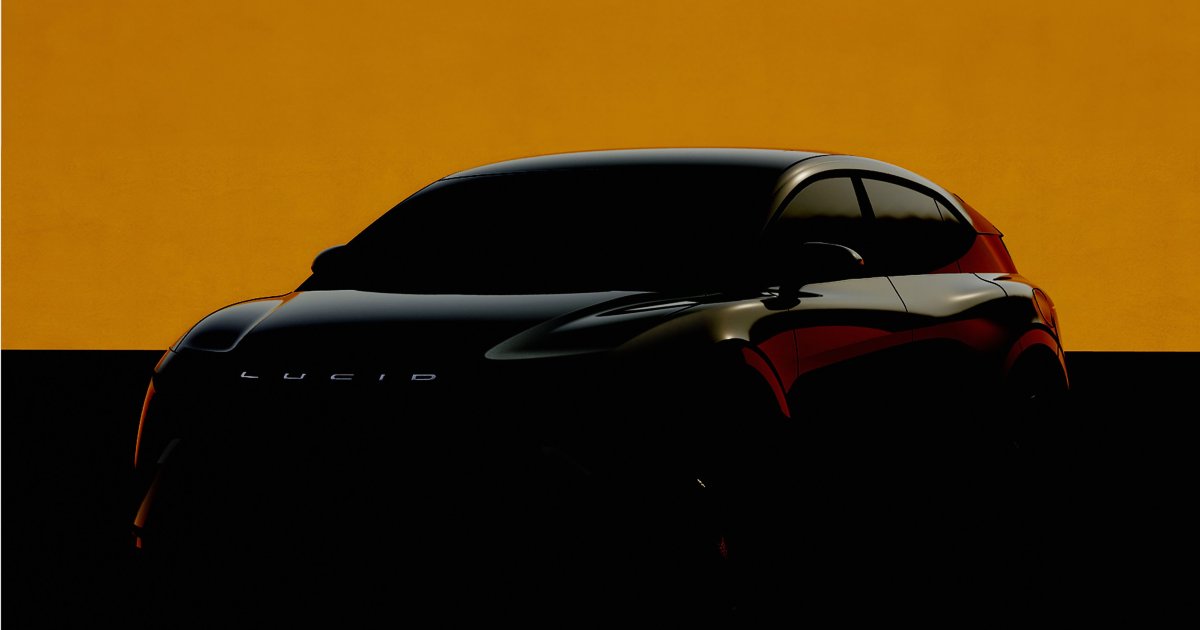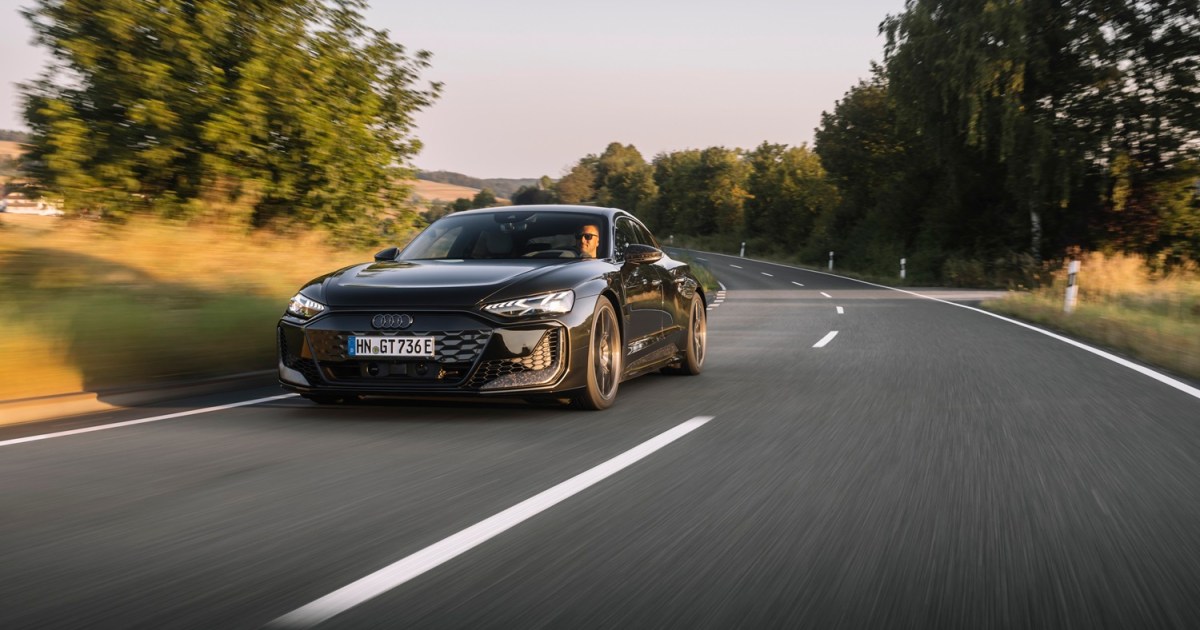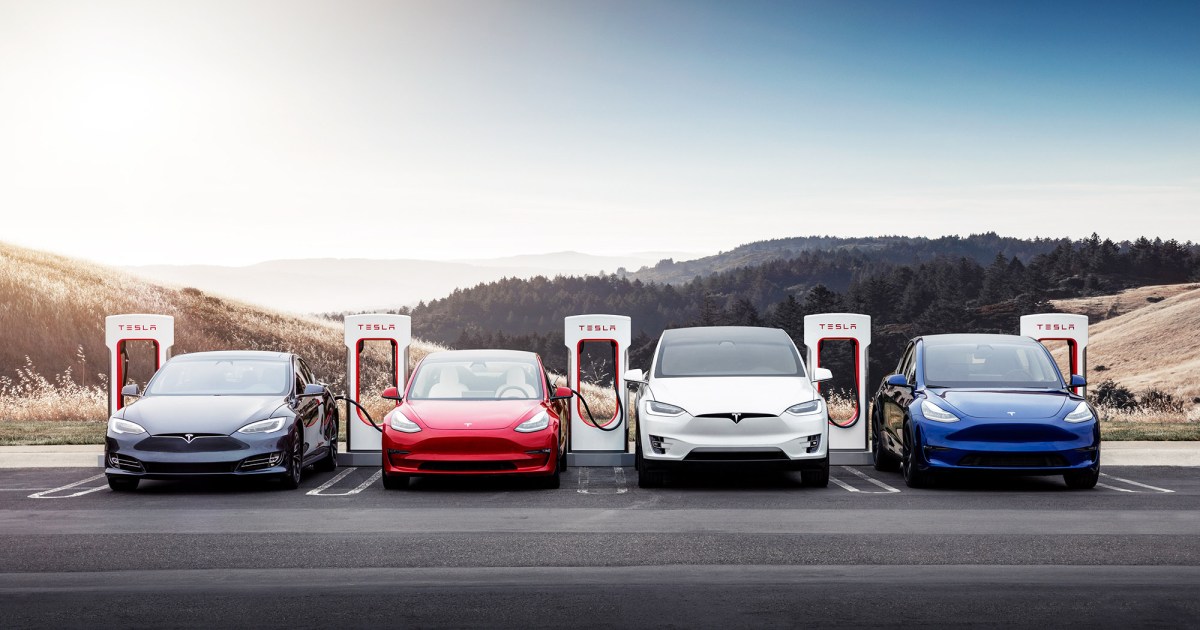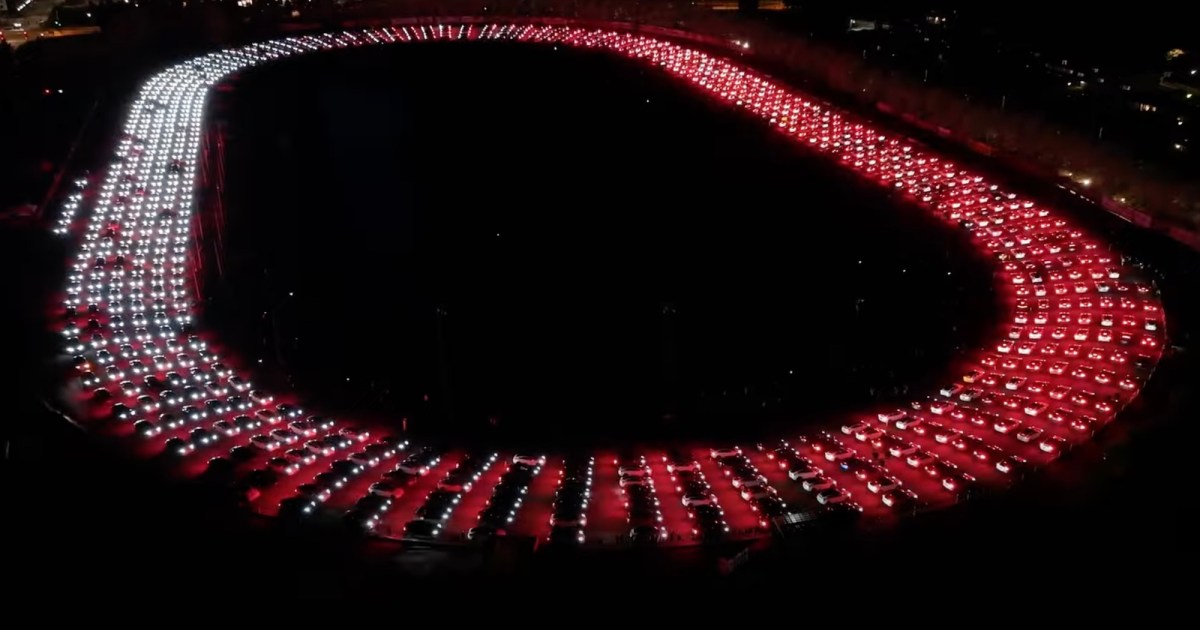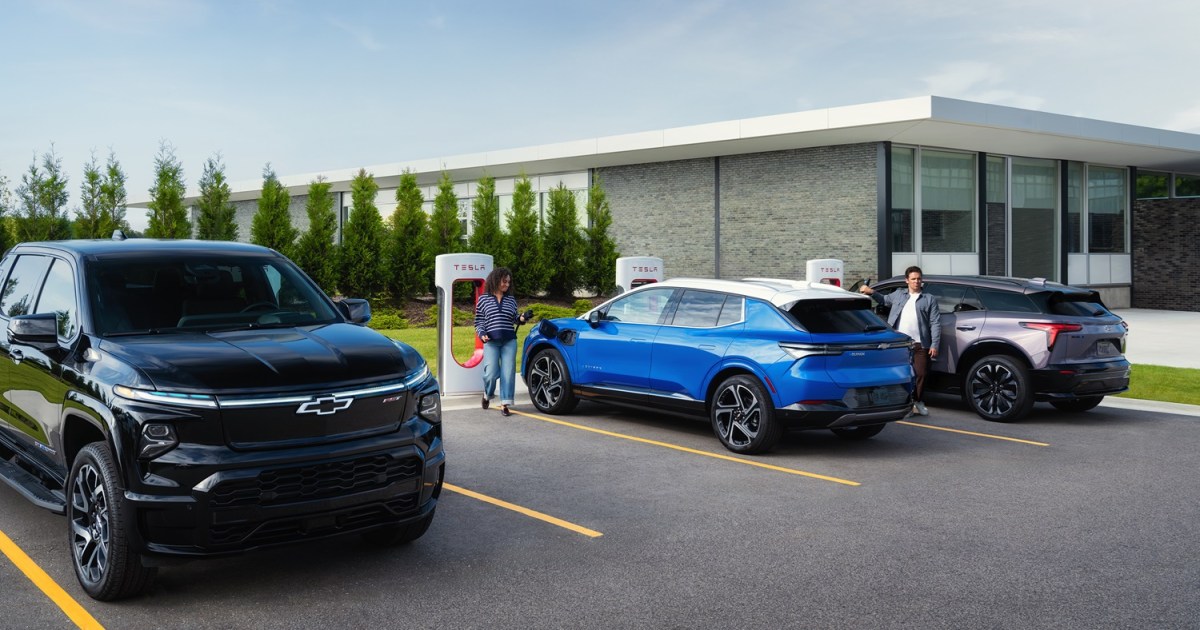Hyundai is accelerating its electrification strategy, with a focus not only on fully electric vehicles (EVs) but also on extended-range technology for those not yet ready to make the full switch. This multi-faceted approach includes an American-made three-row electric SUV and an innovative extended-range electric vehicle (EREV) system promising over 550 miles of driving range.
As part of its mid- to long-term strategy, Hyundai is developing an EREV drivetrain utilizing a gasoline engine as a generator. Unlike traditional hybrids, this engine won’t directly power the wheels. Instead, it will generate electricity to power the motors, likely via a small battery pack, effectively eliminating range anxiety. This technology echoes the Chevrolet Volt’s system. While full technical details are still forthcoming, Hyundai has confirmed its EREVs will feature all-wheel drive. The key advantages of EREVs over EVs include faster refueling times, a lower anticipated price point, and the impressive 550+ mile range.
Pure EVs remain a core component of Hyundai’s strategy. The Ioniq 9, the production version of the Seven concept showcased at the 2021 Los Angeles Auto Show, is a prime example. This three-row, seven-passenger electric SUV is expected to retain the concept’s electric powertrain and spacious interior, albeit with a more production-ready design. It’s anticipated to share technological underpinnings with the Kia EV9.
Hyundai is also expanding its hybrid offerings. While specifics are scarce, the company plans to introduce hybrid versions of small, large, and luxury vehicles, effectively doubling its current hybrid lineup. Luxury marque Genesis, designed to compete with the likes of Mercedes-Benz and Lexus, will also offer hybrid technology across its entire range, excluding EVs.
Hyundai’s next-generation hybrid system is slated to debut in January 2025. A new Android-based infotainment system is expected in the first half of 2026, followed by the North American production launch of the EREV-powered Hyundai and Genesis SUVs by the end of 2026. Looking further ahead, a new EV battery designed for mass-market models is planned for 2030, with anticipated advancements in energy density leading to a 20% performance boost.
In conclusion, Hyundai is pursuing a comprehensive electrification strategy, encompassing not only pure EVs like the Ioniq 9 but also innovative extended-range solutions like EREVs and an expanding hybrid portfolio. This approach caters to a broader range of consumer needs and preferences, paving the way for a more accessible and sustainable automotive future.



